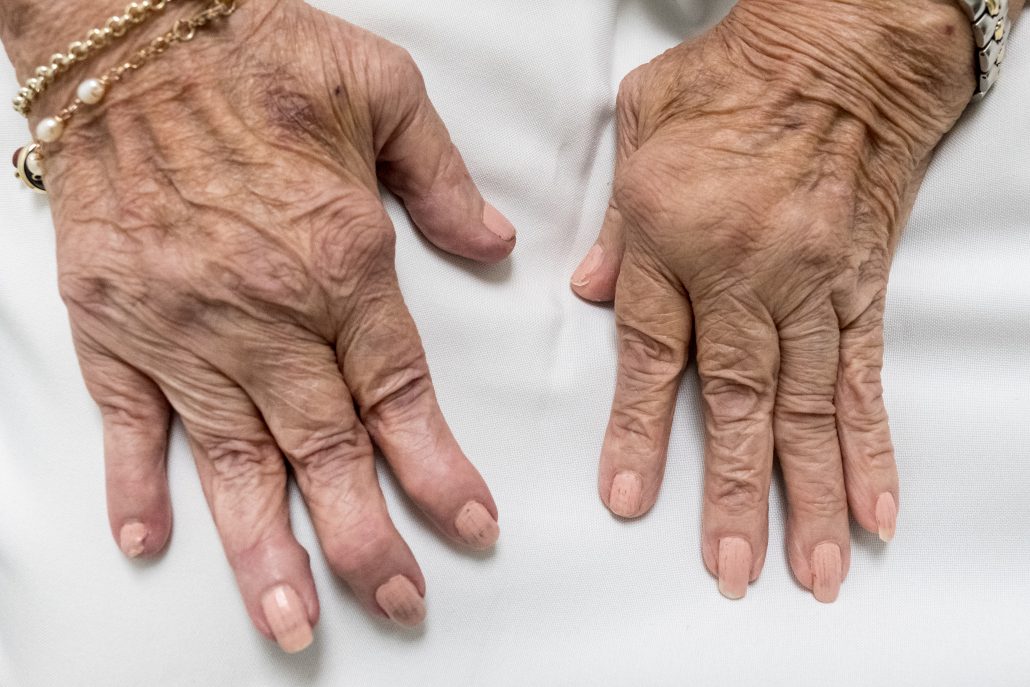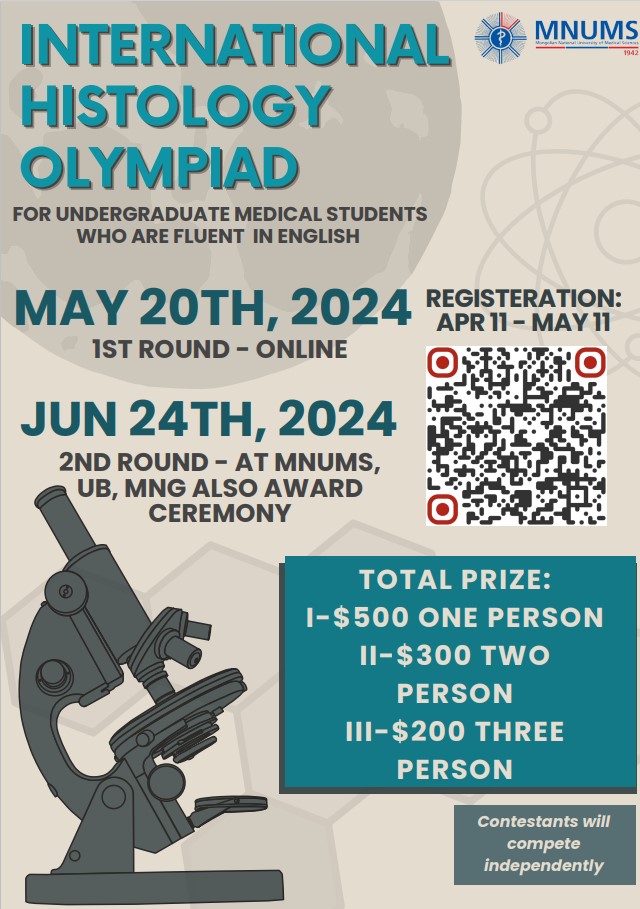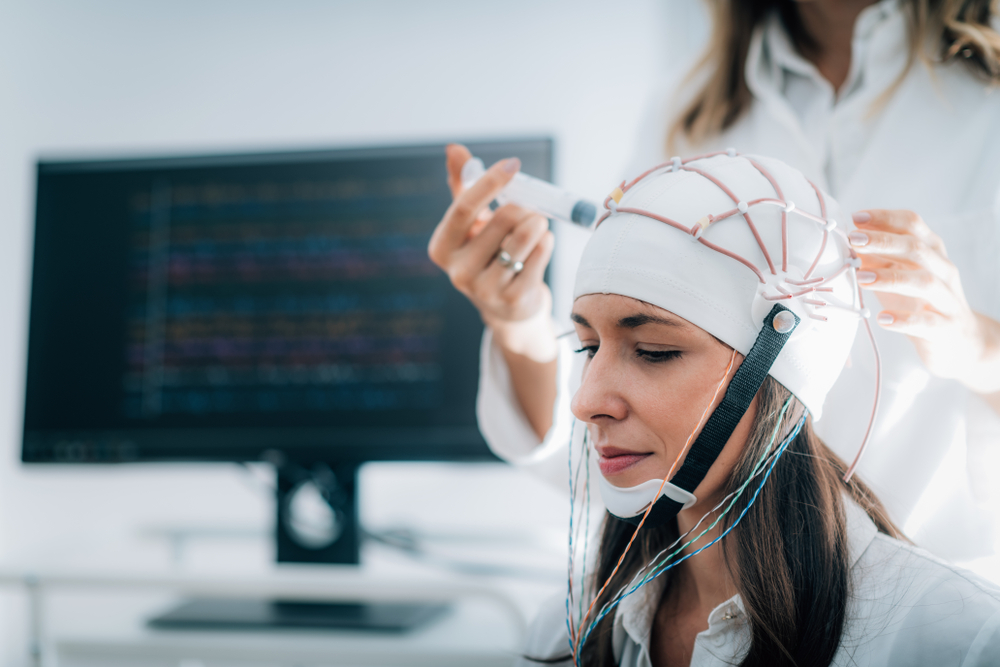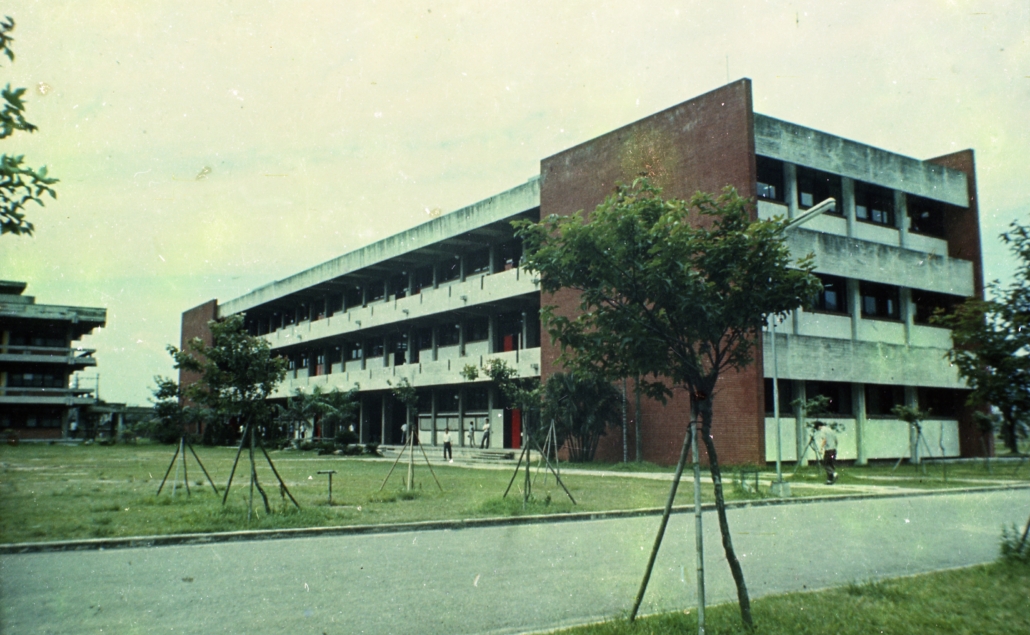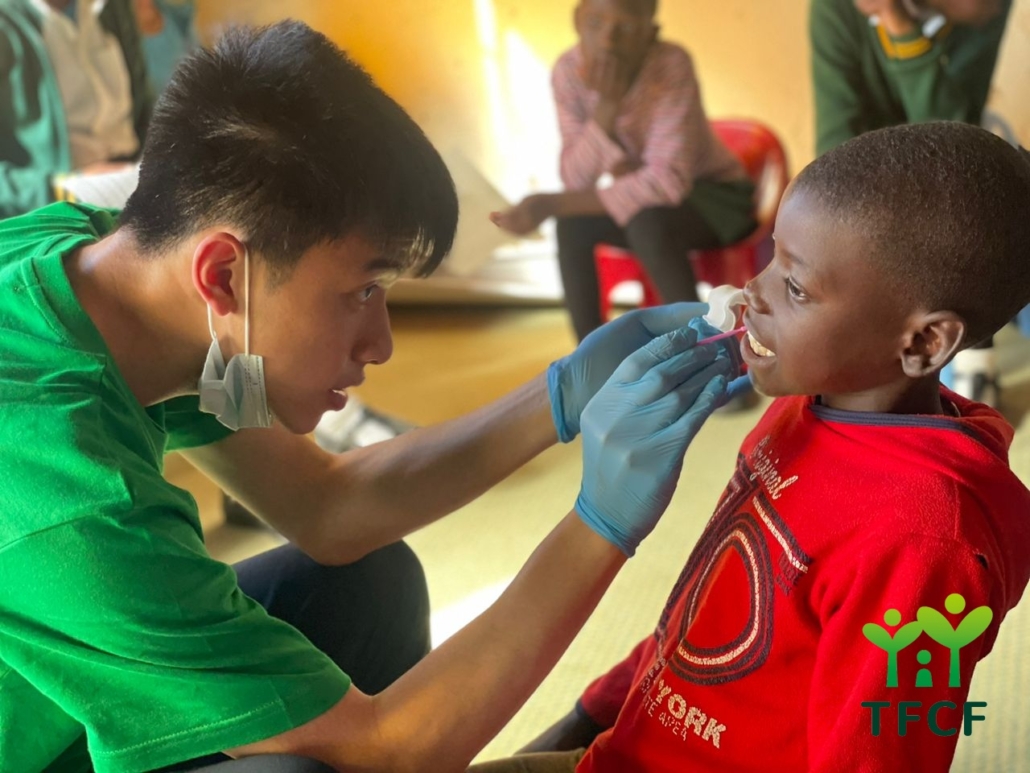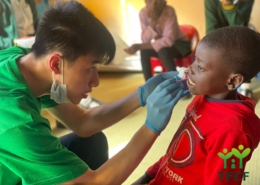Early treatment counters joint damage from rheumatoid arthritis
Source: Taipei Medical University – Wan Fang Hospital
Published on 2018-05-02
Rheumatoid arthritis first affects the joints of the hands and feet, especially the small joints in the hands. Pain and stiffness in the joints is worse in the morning, and activity can help relieve the symptoms. This morning stiffness is due to inactivity during the night, and it is different from muscle soreness caused by work fatigue in the average person, as this grows milder after a rest.
Did you know? |
| Rheumatoid arthritis is an autoimmune disease whose onset is most often reported between the ages of 30 and 50 and that affects twice as many women as men. Starting mainly with joint swelling and pain in a few joints, over time more severe and symmetrical symptoms arise. |
Please consult a physician if you have the following symptoms: one or more joints are swollen and warm to the touch; your joints are stiff in the morning; you feel repetitive or dull pain at the joint and have weight loss, fever or weakness, particularly for longer than 6 weeks.
The main feature of rheumatoid arthritis is chronic inflammatory synovitis that erodes cartilage, destroys bones and distorts joints. Although rheumatoid arthritis may not feature easily visible symptoms, it is quite painful.
However, pain-killers will mask this disease’s progression unless supplemented by medications that stop the destruction of joints. Patients’ disabled joints can cause pain, inconvenience and disability, especially during the first year of the disease.
Ten to twenty percent of patients have multiple joint inflammations at the time of onset, and anti-rheumatic drugs and steroids are ineffective in this group. A new generation of rheumatoid arthritis drugs, biological agents, are now proving to have good and rapid therapeutic effects. If arthritis is diagnosed by experienced specialists, it can be treated in a timely manner.

Dr. Tsung-Yun Hou, Wanfang Hospital Allergy Immune Rheumatology specialist

